The aim of the KOLA project is to generate empirical knowledge on the application of theories and methods in contemporary landscape framework plans at the level of counties and regions in Germany, and to contribute to the further development of those theories and methods.

REP-NBS aims to understand and facilitate the interplay of processes, actors, and tools across planning tiers to support Swedish spatial planning in integrating Nature-Based Solutions (NBS) and Green Infrastructure (GI) to achieve human wellbeing while conserving life-supporting ecosystems in urban regions.
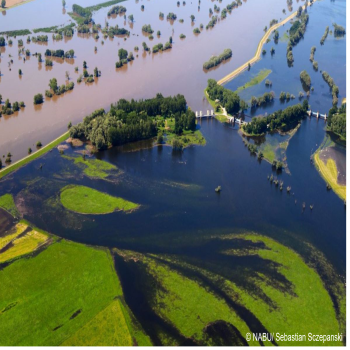
Space for Rivers aims at developing guidelines for the spatial requirements needed to improve the structural water quality of German water bodies. Findings of the project can provide technical and environmental support of a nationwide spatial target for the protection of rivers
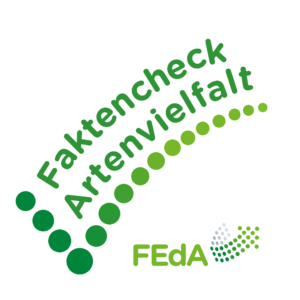
The aim of the Fact Check Biodiversity project is to perform a comprehensive assessment of biodiversity in Germany. The Chair for Environmental Analysis and Planning in Metropolitan Regions contributes to the chapter for urban areas.
The aim of this research project is to investigate how the restoration of green and blue infrastructure impacts people-place-relations.
This project develops and explores the use of dashboards for biodiversity and ecosystem services to inform landscape planning and governance.
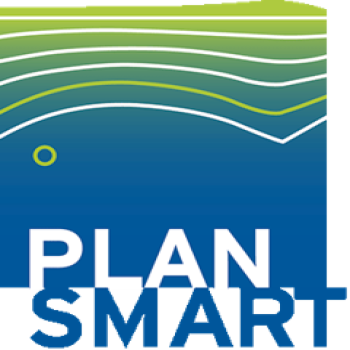
PlanSmart is a research group exploring innovative approaches for addressing water-borne challenges through planning and implementing nature-based solutions in river basins and urban regions. PlanSmart advances knowledge through a transdisciplinary process to assessing, developing, and implementing nature-based solutions with novel methods, tools and technologies.
This project aims at exploring applications of soundscape ecology in green infrastructure planning for people and nature in metropolitan regions. The project will investigate options for using sound recordings to assess biodiversity and study the effects of soundscapes on human well-being.

The RESI Lahn project aimed at assessing and evaluating the current state of ecosystem services provision of the Lahn river and its floodplain. It applied the concepts, indicators and methods developed in the RESI project.

RESI aimed at quantifying ecosystem services provided by river landscapes to inform planning and management. Project results include a handbook on indicators and methods as well as several research publications.
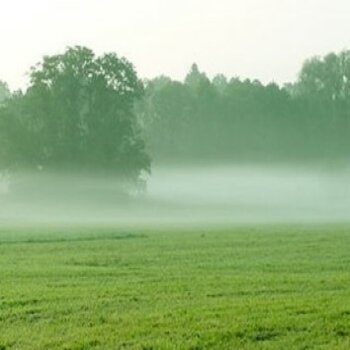
The objective of the uncertainty project was to enhance scientific understanding about approaches for appropriately addressing uncertainties in landscape and spatial planning.
The project delivered a comprehensive review of existing economic valuations of land-use change and management impacts on ecosystem services in Germany as input for defining standard cost estimates. The project was funded as part of the Methodenkonvention 3.0 project consortium.

The aim of this project was to develop and apply indicators for the nationwide mapping and assessment of cultural ecosystem services for recreation, with a particular focus on leisure and weekend recreation. The developed method is based on parameters to map and quantify relevant supplies of and demands for cultural ecosystem services.
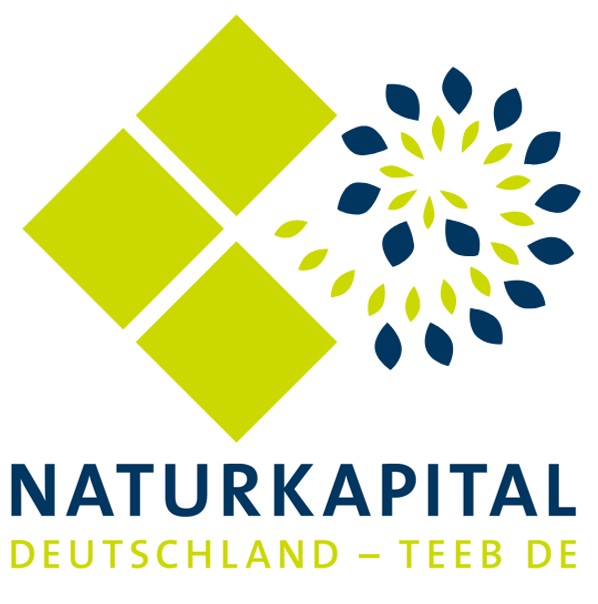
This project aimed at coordinating a study on the best available knowledge on biodiversity and ecosystem services in rural areas in Germany, as part of the national follow-up study of TEEB – The Economics of Ecosystems and Biodiversity. Head of the national follow-up study was Prof. Dr. Hansjürgens (UFZ/Martin-Luther-Universität Halle-Wittenberg)
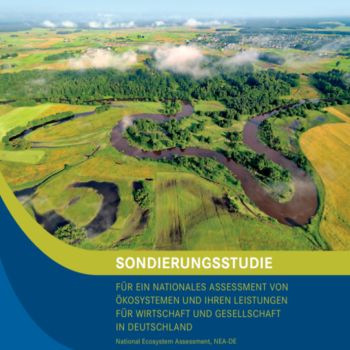
The project produced a scoping study report, outlining options for implementing a national ecosystem assessment in Germany.
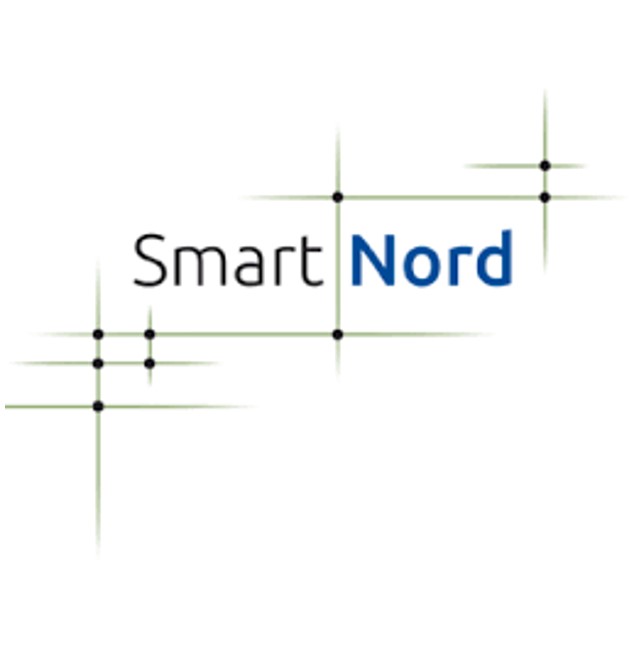
The aims of SmartSpatial were to assess spatial potentials for generating renewable energies and to assess the impacts of scenarios for renewable energy expansions. SmartSpatial was a sub-project of the SmartNord project consortium.
This project investigated options for quantifying ecosystem services in landscape planning, and evaluated the impacts of such information in decision-making.